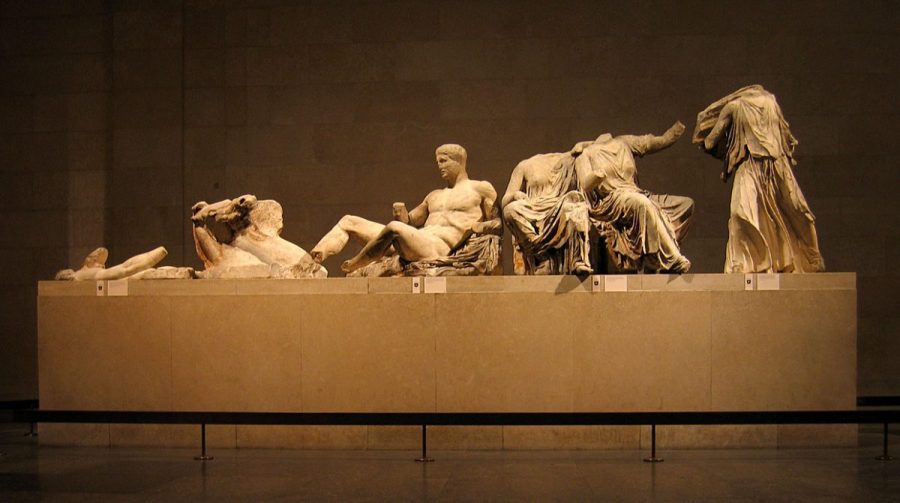How should we view the British Museum? Is it a palace of enlightenment and knowledge, or an illicit den of colonial loot? It’s no secret that many exhibitions arrived in the UK not through gifts but by theft. The Elgin Marbles (also known as the Parthenon Marbles), for example, were extracted from Greece and taken to the British Museum where they now reside. Surely the most simply way to right the wrong of stealing is to return what has been stolen. However, cultural sociologist Tiffany Jenkins argues that the resolution is much more complicated.
She stresses that museums should have a purely educational role, and not be used as tools of political apology. Therefore, the Elgin Marbles and other stolen artefacts should belong where they will be able to reach their full educational potential. Returning the treasures, she argues, would empty museums, leaving them gutted and useless.
However, she is not consistent with this rule. When asked whether she thought Nazi loot should be returned to its original owners, she surprisingly answered yes. Why? Because it’s much more recent history: the Elgin Marbles were created in 500 BC. This means that the “rightful” owners can easily be tracked down. While this point is valid to some extent, the host points out how Eurocentric this seems: hold on to the African artefacts, but make sure the Europeans get their treasures back.
When it comes to question time, it is clear that Jenkins’ controversial ideas have inflamed some members of the audience. One particularly scorching remark compared her directly to Tony Blair, who voted to keep the Elgin Marbles. In the present context of the Chilcot Report, this is definitely not meant as a compliment.
Jenkins’ tells us that we shouldn’t view artefacts as political statements, but only as educational works of art. The impassioned reaction of the audience demonstrates that this is easier said than done. The Elgin Marbles and the Benin bronze are shrouded in the context of loot and cultural domination – contexts that cannot be forgotten, even for the sake of education.
While many oppose Jenkins’ views, it was fascinating refreshing to hear an alternative argument so clearly and articulately delivered. In spite of several confrontational questions, the audience finally voted to keep the Elgin Marbles in the British Museum. It would not be a shock if Jenkins’ new book Keeping Their Marbles is as persuasively engaging as she is.
